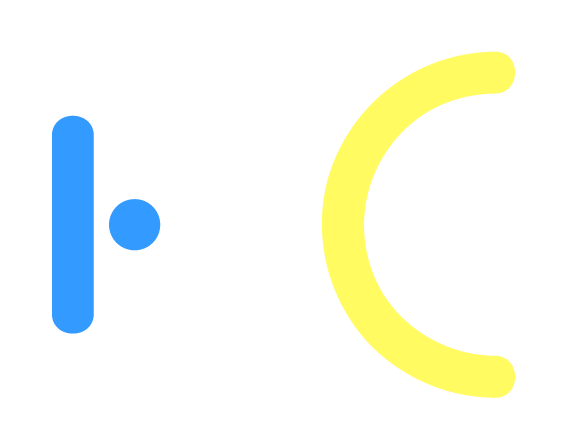How might we create a scalable national teacher training program in the context of rural Kenya?
IREX & LEGO FOUNDATION
THE PARTNERS
Since 2021 we have embarked on a four year partnership with IREX the global development and education organization to launch the Kenya Play(KPLAY) project with generous support from the LEGO Foundation. The KPLAY program aims to equip primary school teachers across the rural counties of Kilifi and Kwale with the skills they need to introduce playful learning technology experiences to over 90,000 students. The program is part of the Tech & Play coalition with partners that include The Lifelong Kindergarten, Tufts University and The Exploratorium.
.
THE CHALLENGE
While there are many learning products and programs available around the world with a focus on playful learning with technology, they are not always suited to classrooms that operate with little connectivity and resources. Moreover they are often presented as a solution, not taking into consideration local needs and cultural context.Together we asked How might we create a scalable national teacher training program in the context of rural Kenya?
THE BIG IDEA
Let’s co-design a training curriculum for teachers with teachers.
Teachers in St Mercy Primary School tinkering with circuits made out of household materials.
THE DESIGN PROCESS
STEP 1: On the ground
The first step was to conduct extensive design research and interview leading experts in this field including Brookings Institute, Ubongo Kids, IRC and Dignitas. The insights gathered from these conversations inspired us to design products and programs that had a chance to be impactful in Kenya while ensuring cultural adaptation. As a result we published an open source version of our work. You can read our 15 recommendations here.
Images from the report we published after interviewing experts in the field at the beginning of the project
STEP 2: Ideate, test and iterate through playful design research
Our approach was to meet regularly with teachers and community stakeholders to ideate together on ideas, test activities and tools and iterate before finalizing a training guide. We also put an emphasis on play being a core part of the process. Trainers had to model play and enable playful interactions as part of their training.
We also worked with the Tech & Play partners to invent, prototyped and localize dozens of curriculum experiments and activities for lower, middle, and upper primary levels.
Creating a balancing sculpture with our partners at The Exploratorium to model facilitation practices for the teacher training
As part of these activities, we collected valuable qualitative data through creative ethnographic methods: teachers created posters to visually show what their dream creative classroom would look like, played games to get to know each other and even interviewed each other to collectively define their dreams and goals of the KPLAY project.
These valuable insights helped us refine our product offerings and co-create impactful training experiences with teachers that have scaled into year two of the program.
Teachers in Sir Ali Primary School testing activities and providing input through Zoom
STEP 3: Adapting the content for a national audience
After a year of testing and iterating we worked with the local team to adapt the training materials to align with Ministry of Education requirements and recommendations.
THE OUTCOME
A holistic training program that includes a training framework, step by step facilitator guides, a bank of more than 60 activities, board games, toolkits etc. Everything was created with a modular approach, custom illustrations, and studio-quality photos of localized tutorials to support an out-of-box experience, 10 days of training academy content for teachers and 10 days of training content for school leaders.





















